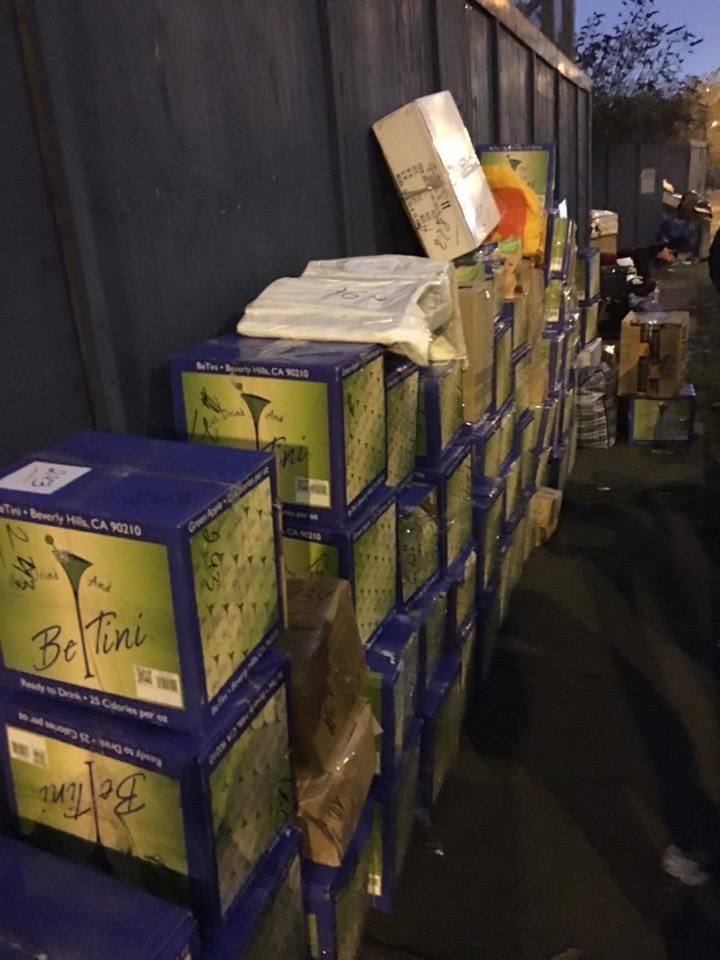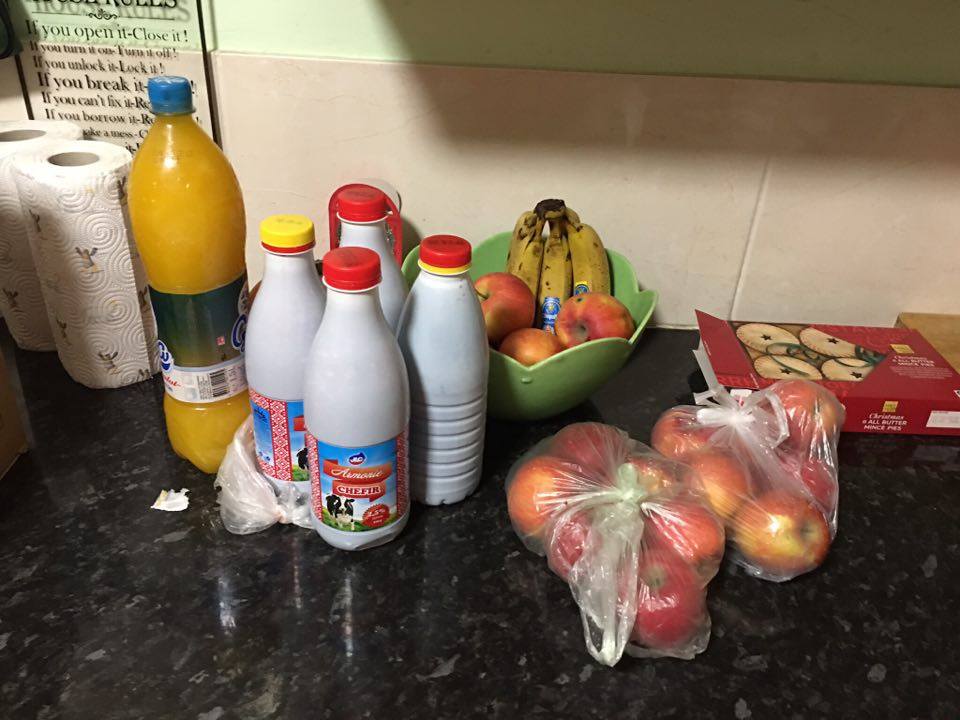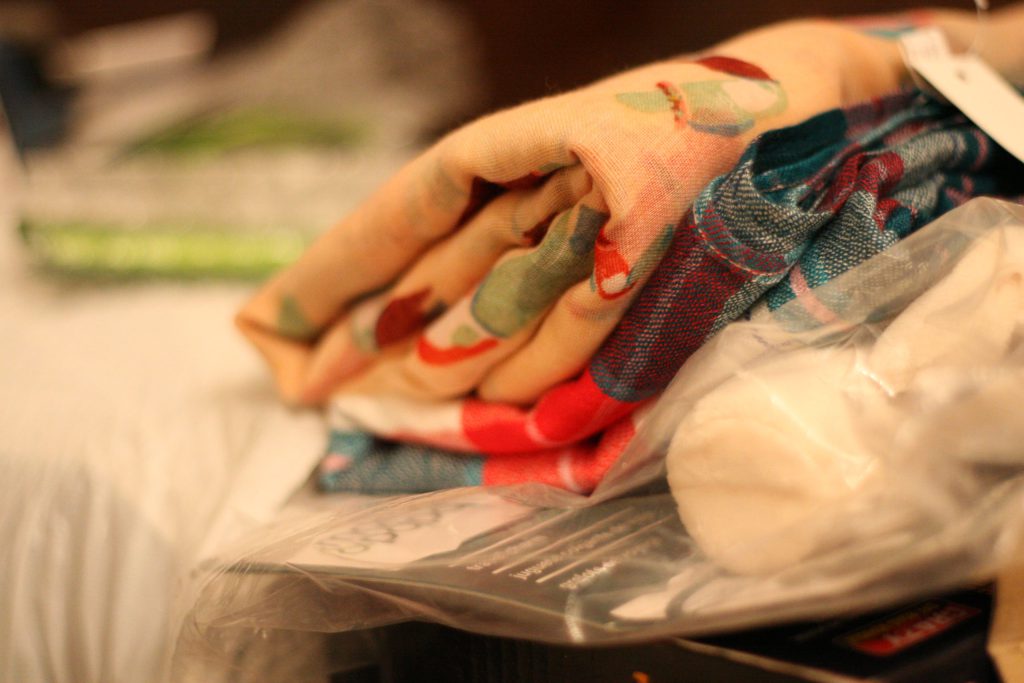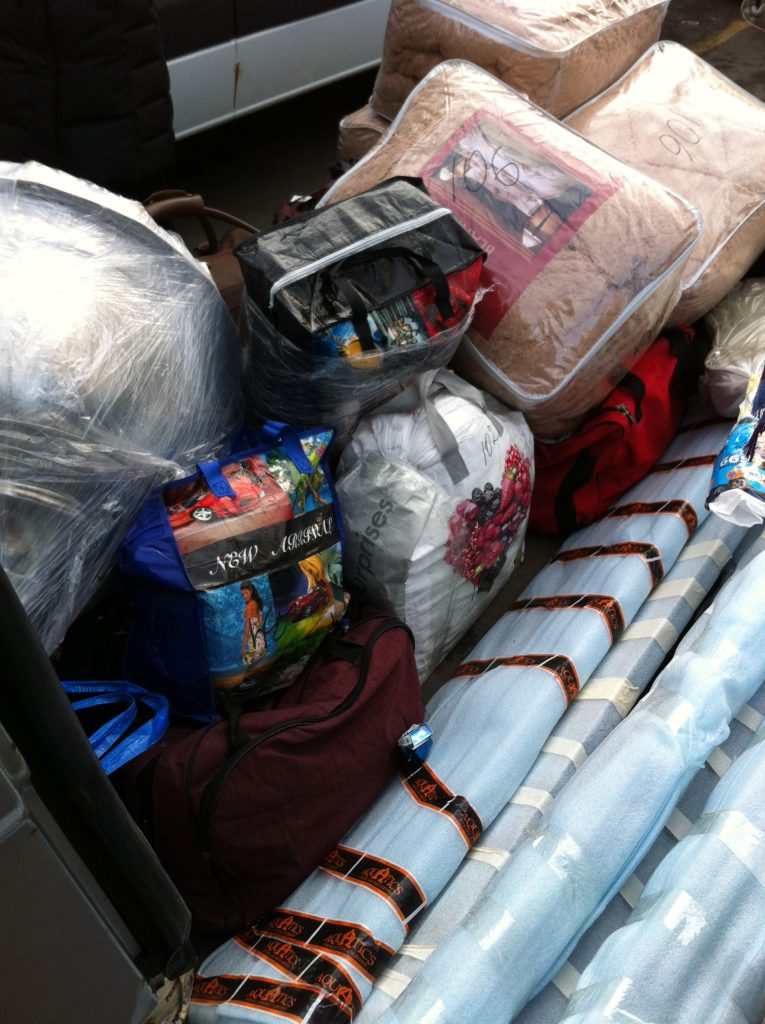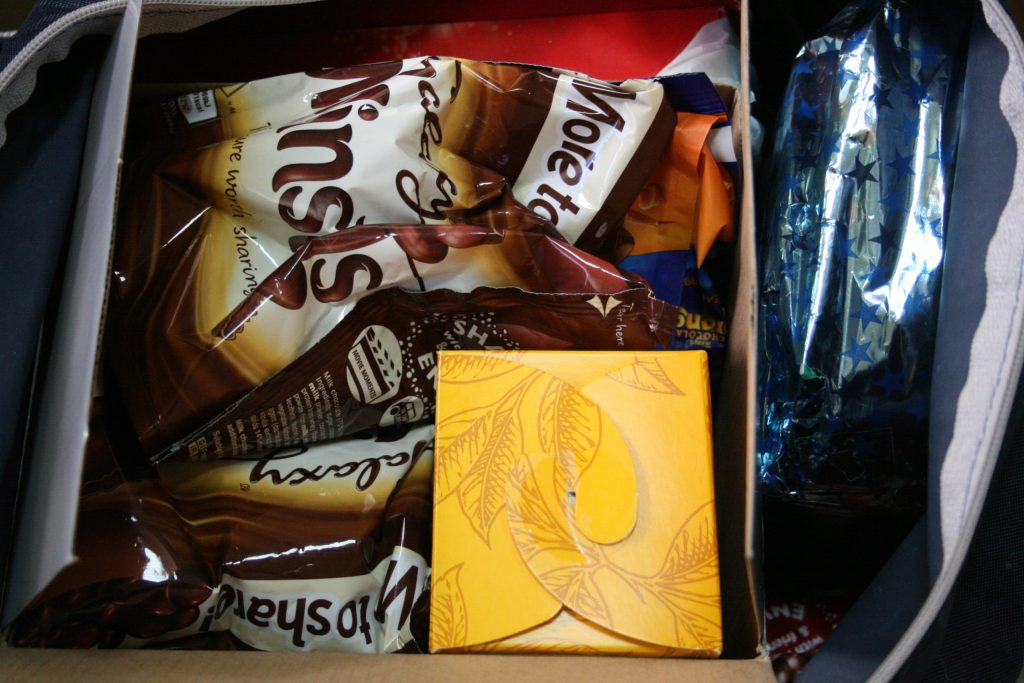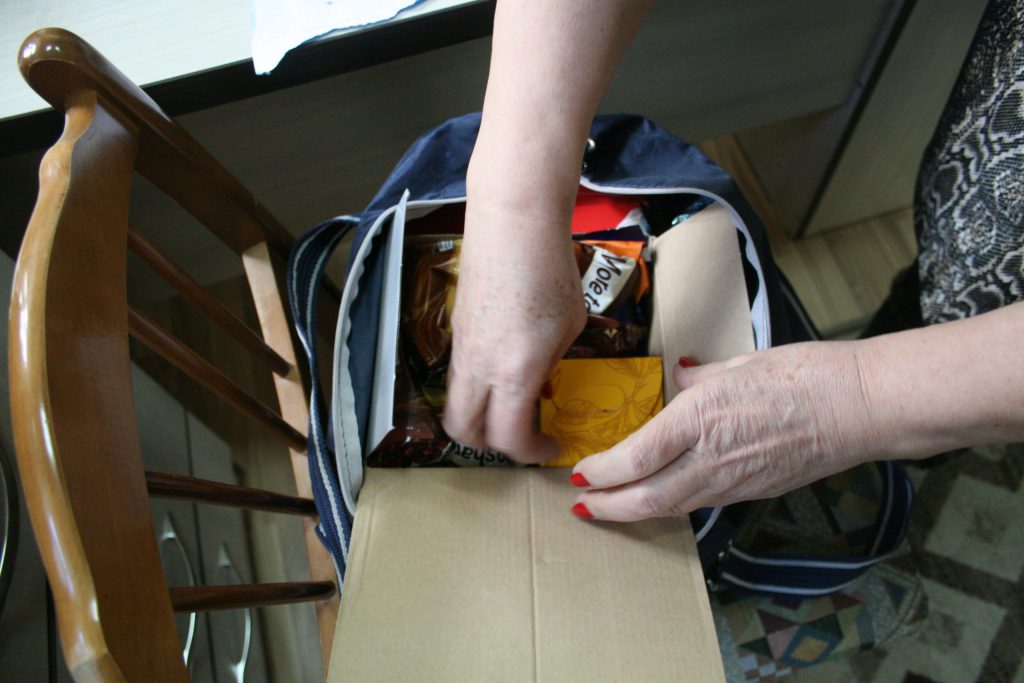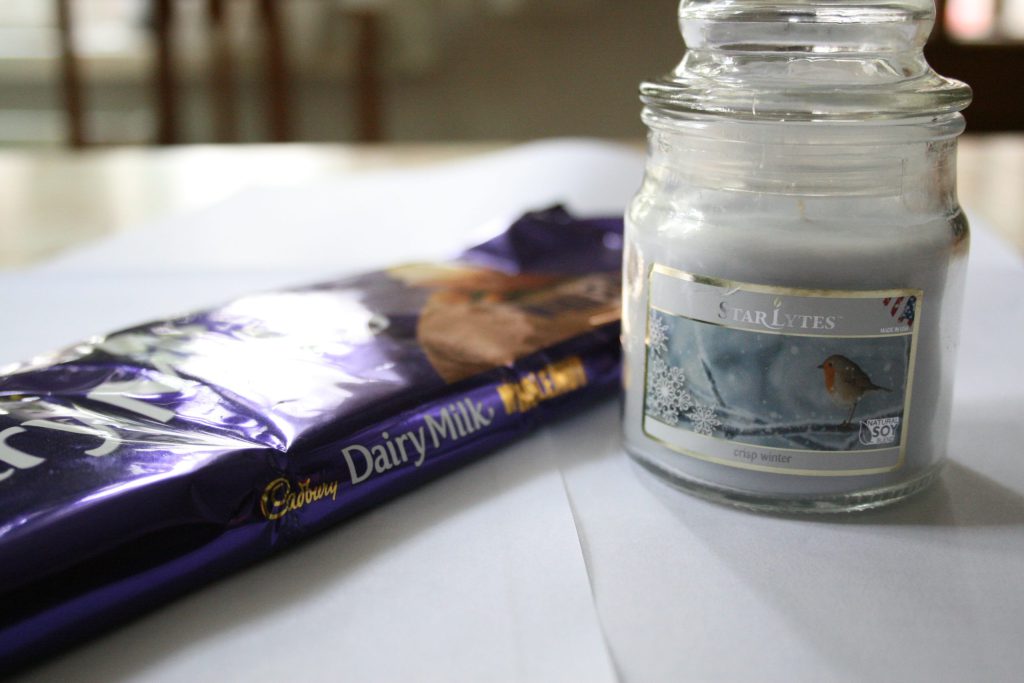My research is interdisciplinary, situated at the intersection of migration studies and material culture. I am interested in how people engage in daily practices of maintaining connections with each other despite physical distance, how relations unfold through the use of shared objects, and how kinship ties are reconfigured in transnational space.
Projects
Parcel-sending as a peri-pandemic and post-crisis strategy of creating mutable connections in Moldovan transnational families
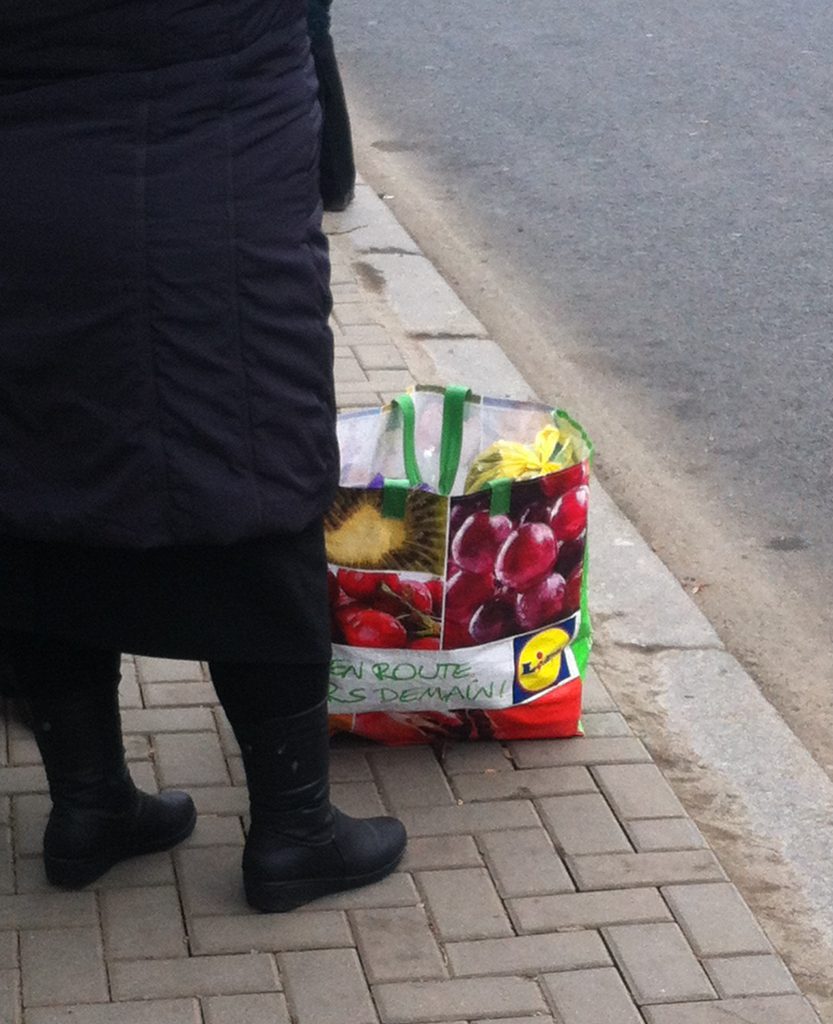
This ESRC-funded project looks at Moldovan migrants’ parcel-sending practices as a strategy of navigating uncertainty and crisis. In the past three years, Moldovan migrants in the UK and EU, and their families in Moldova, faced post-Brexit challenges and the Covid-19 pandemic, followed by the Ukrainian war and refugee crisis. Throughout these crises, migrants used parcel-sending to keep in touch, exchange items used in family practices, minimise the impact of reduced opportunities to visit in person, and support Ukrainian refugees by sending aid items. I am interested in the continuing relationship between material culture and life histories, and how transnational families negotiate their own lives, and extend their support to Ukrainian refugees in a changing world.
Parcel vans and the materiality of staying connected in Moldovan transnational families
This doctoral research project looked at private parcel van services running between Moldova and the UK as mediators and active participants in transnational material exchanges. Moldovan migrants and their families use parcel-sending as a complex and fascinating practice of staying connected. The three-day parcel van journeys ferry food, personal items, gifts, decorations, tools, furniture and even white goods that become entangled in social relations, reflecting migrant biographies, trajectories and migration experiences. The network of parcel van companies and their clients is constantly evolving to accommodate migrants settling in new locations, and their families in Moldova are also supported by collaborations with local bus and mini-van routes. The operations of these companies, based on intimate knowledge of each client’s migration journey, and the seasonality of exchanges, closely related to important dates in migrants’ calendar, indicate that drivers and office employees act as caretakers in the nexus of migrant infrastructure. The service providers are themselves deeply embedded in migrant communities, facilitating a continuous use of an essential medium for families to preserve family connections and achieve post-departure co-presence.
